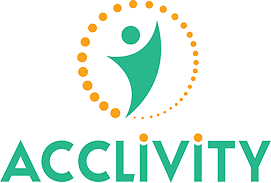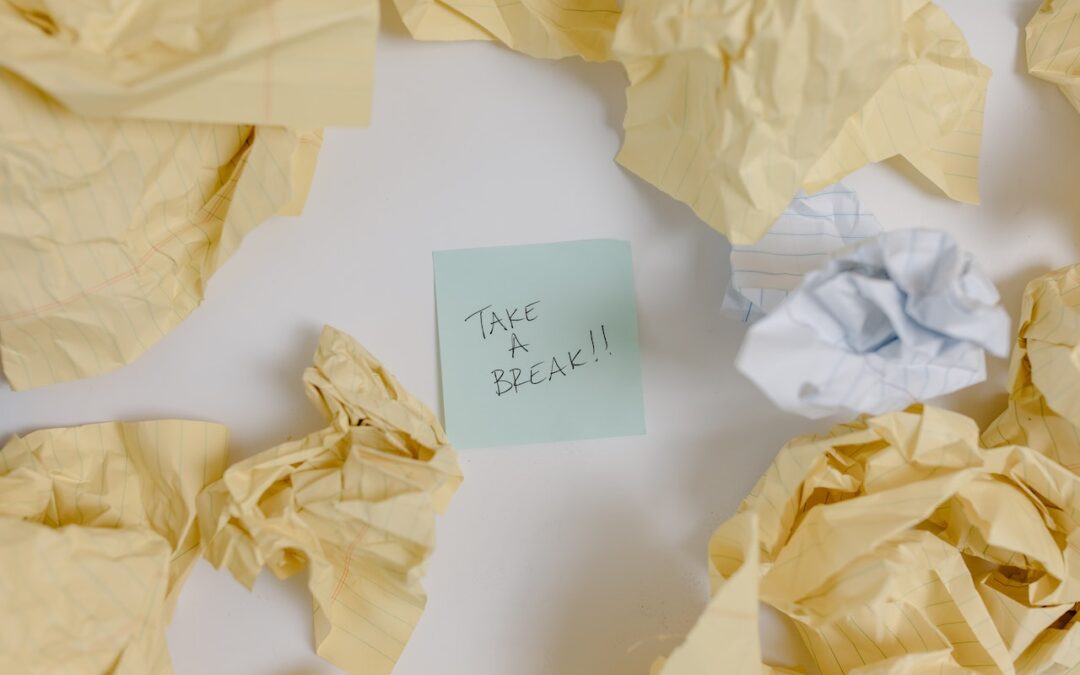Faculty members in higher education often find themselves juggling a myriad of responsibilities: teaching, research, administrative duties, mentoring students, and more. The pressure to excel in these various roles can be overwhelming, leading to burnout and decreased productivity. In this blog post, we want to emphasize that it’s perfectly acceptable for faculty members to close their office doors and take a break. In fact, taking breaks is not only essential for your well-being but can also enhance your overall performance in academia.
The Myth of Nonstop Productivity
In the academic world, there is a pervasive myth that success is achieved through nonstop productivity. Many faculty members feel pressured to work long hours, sacrificing personal time, sleep, and relaxation in the process. This mentality can lead to chronic stress, mental health issues, and eventually burnout.
The Reality of Burnout
Burnout is a real concern in higher education. It can manifest in various ways, such as physical and emotional exhaustion, cynicism, and a decreased sense of accomplishment. Burnout not only negatively impacts an individual’s well-being but can also affect their teaching and research quality.
Why Taking Breaks Matters
1. Mental and Physical Health: Closing your office door and taking a break allows you to rest, recharge, and reduce stress. Adequate breaks contribute to better mental and physical health, preventing burnout and its associated health problems.
2. Improved Focus and Creativity: Continuous work can lead to fatigue and a decline in cognitive abilities. Taking breaks can help you regain focus and stimulate creativity, leading to better problem-solving and research outcomes.
3. Enhanced Teaching Quality: Faculty members who prioritize self-care and take breaks are more likely to be effective teachers. They can provide students with their best selves, leading to a more engaging and productive learning experience.
4. Work-Life Balance: It’s essential to strike a balance between your professional and personal life. Taking breaks ensures that you have time for your family, hobbies, and other non-academic pursuits that bring you joy.
Tips for Taking Effective Breaks
Now that we’ve established the importance of taking breaks, here are some tips for faculty members in higher education to make the most of their downtime:
1. Schedule Breaks: Incorporate short breaks into your daily schedule. Whether it’s a 10-minute walk, a coffee break, or a few moments of meditation, regular breaks can help you stay refreshed throughout the day.
2. Close Your Office Door: Don’t be afraid to close your office door when you need some uninterrupted time to relax or work on specific tasks. This sends a clear signal that you are not available for meetings or interruptions.
3. Disconnect from Technology: During your breaks, try to disconnect from your email and other digital distractions. This allows you to truly unwind and disconnect from work-related stressors.
4. Find a Relaxation Activity: Discover activities that help you relax and recharge. This could be reading, listening to music, practicing mindfulness, or engaging in a hobby you enjoy.
5. Seek Support: Don’t hesitate to reach out to colleagues, mentors, or counselors if you’re feeling overwhelmed. Sometimes, talking about your challenges can provide valuable insights and support.
In the competitive world of higher education, faculty members often feel pressured to maintain a constant state of productivity. However, it’s crucial to recognize that taking breaks is not a sign of weakness but a sign of self-awareness and self-care. Closing your office door and taking a break can improve your overall well-being, enhance your teaching and research, and lead to a more balanced and fulfilling academic career. So, remember, it’s perfectly okay to step away from your desk, close that office door, and give yourself the break you deserve. Your health, your students, and your research will thank you.
Dr. Hill has helped hundreds of potential higher education prospects move their careers in the direction they want to go. She is available to meet with you and encourages you to reach out to her here. Visit her website at https://theacclivity.com/.

